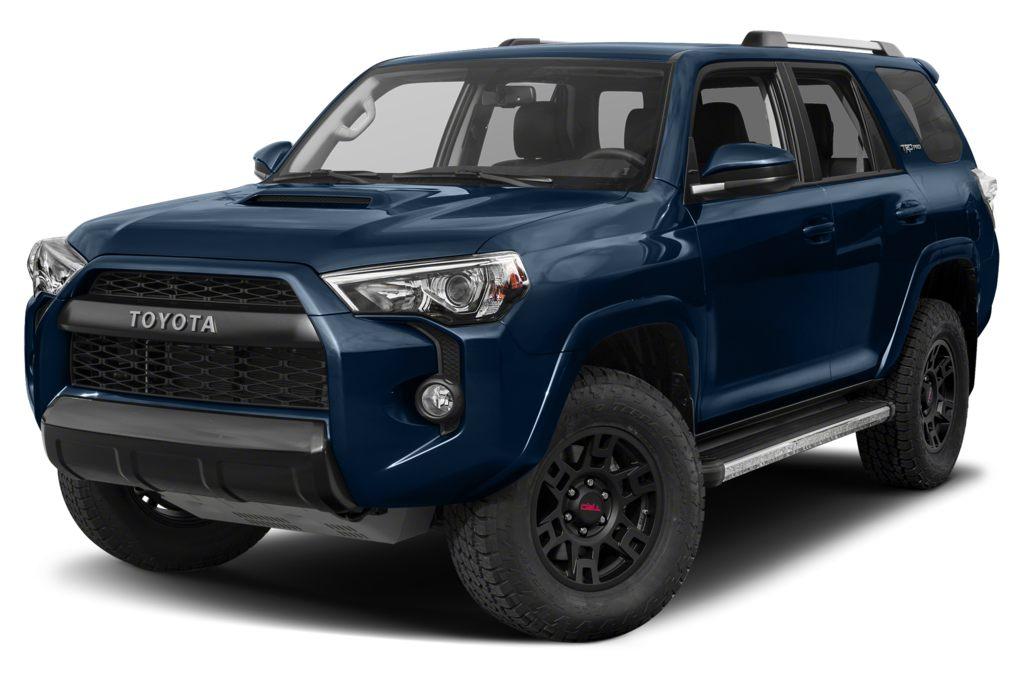Laguna Hills, CA – November 28, 2018 – Toyota Motor Engineering & Manufacturing (Toyota) is recalling certain 2004-2006 Toyota Scion xA vehicles for a potential internal short in the air bag module. The potential number of units affected is 16,992.
The Defect
According to the NHTSA Recall Safety Report, the airbag control module for the supplemental restraint system (SRS ECU) in the subject vehicles may have been manufactured with application-specific integrated circuits (ASICs) which are susceptible to internal shorting when exposed to the naturally high inductive electrical noise from various vehicle electrical components close to the module. In some cases, the SRS warning light for the airbag(s) could illuminate, and the airbag(s) and/or seat belt pretensioner (s) could become deactivated. In other cases, these systems could inadvertently deploy in the absence of an impact. An airbag that is deactivated or is deployed inadvertently can increase the risk of injury or the possibility of a crash.
Timeline of Events
In 2013, Toyota recalled approximately 890,000 vehicles in the U.S. which were equipped with generation 5.0 TRW SRS ECUs. In these ECUs, damage due to electrical noise could result in an inadvertent deployment of the airbag(s) and/or seat belt pretensioners. At the time, generation 5.5 SRS ECUs (that are the subject of this recall) were not included.
In June 2013, Toyota received a field report from the European market indicating the inadvertent activation of the driver, front passenger, and knee airbags while driving a CY 2006 Corolla Verso vehicle. Airbags were found to be activated as per the customer’s allegation, but there was no evidence of an impact. The SRS ECU was recovered and investigated, and damage appeared to be similar to damage from electrical noise that could have occurred on a generation 5.0 SRS ECU, recalled in 2013; however, it was judged to be an isolated case due to the differences between the 5.0 and 5.5 models.
In July 2015, Toyota received information from a dealer in the Japan market indicating the inadvertent activation of the driver, front passenger, and knee airbags while driving a CY 2006 Avensis vehicle. Similar results were found. Toyota began replication testing and recovery of working SRS ECUs of this generation from in-use vehicles and found that the generation 5.5 SRS ECUs have higher insulation against electrical noise compared to the recalled generation 5.0 ECUs. However, Toyota continued to sporadically receive similar field reports from countries outside of North America, mainly from European countries and Japan, and continued its investigation.
Toyota reviewed the difference between the Avensis and other models, and once again started the recovery of working SRS ECUs from a larger population of in-use Avensis vehicles. In August 2017, Toyota also received the first field report from the U.S. market, claiming inadvertent activation of the driver and front passenger airbags in a 2006 MY Toyota Scion xA vehicle with a generation 5.5 SRS ECU. Toyota investigated the SRS ECU and confirmed the damage of the ASIC for transmitting the signal to deploy the airbags was similar to other cases from the European and Japan markets. At that time, Toyota observed that the insulation against electrical noise found in the ASICs in the generation 5.5 SRS ECUs had an unexpectedly wide variation in effectiveness and Toyota subsequently chose to conduct a voluntary safety recall campaign.
The Solution
All known owners of the subject vehicles will be notified by first class mail to return their vehicles to a Toyota dealer. The dealers will replace the airbag control module with an updated one, free of charge. The owner letter will also instruct vehicle owners who have paid to have this condition remedied prior to this campaign to seek reimbursement under Toyota’s General Reimbursement Plan. The recall is expected to begin December 24, 2018. Owners may contact Toyota customer service at 1-888-270-9371. Toyota’s number for this recall is J0W. Owners may also call the National Highway Traffic Safety Administration Vehicle Safety Hotline at 1-888-327-4236 (TTY 1-800-424-9153). The NHTSA Campaign Number for this recall is 18V-776.

